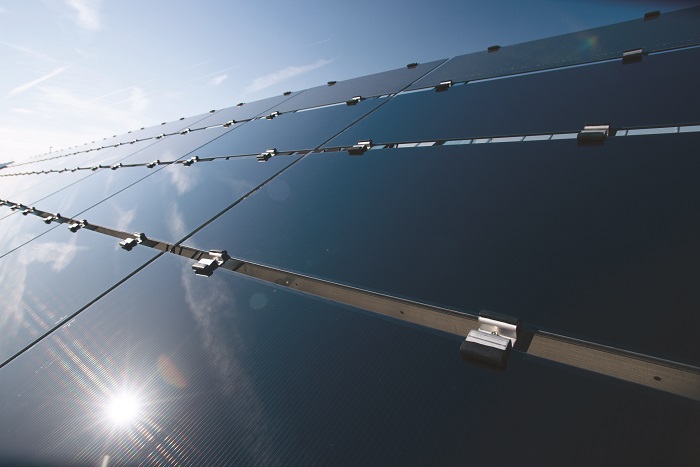The team of PhD chemical engineering students has developed a carbon nano-based transparent electrode that they say will increase the efficiency of thin film photovoltaic solar panels, by allowing up to 12 percent more sunlight to penetrate the panels.
“Our innovation is a cross-cutting technology that not only has the potential to increase the efficiency of solar panels, it can be used in the manufacture of television, computer and cell phone touch screens and electronic displays to increase performance and lower cost,” said Melburne C. LeMieux, C3Nano founder and chief science officer. “Winning this competition literally enables us to take the next step towards moving this important technology out of the laboratory and into the marketplace.”
Tom May, chairman, president and CEO of NSTAR added: “Solar energy technologies diversify energy supplies and offset greenhouse gas emissions, but their costs have so far been a barrier to widespread installation in New England.
“The technology developed by this team is potentially transformative in making solar energy a viable option to consumers throughout the region and has the added benefit of other significant applications.”
C3Nano, Inc. was selected from over sixty other teams from 35 universities by prominent judges for their technology's potential impact to enhance existing photovoltaic systems. The team includes: Ajay Virkar, Jeff Sabados and Melburne LeMieux under the guidance of professor Zhenan Bao's Chemical Engineering Lab at Stanford University.
This content is protected by copyright and may not be reused. If you want to cooperate with us and would like to reuse some of our content, please contact: editors@pv-magazine.com.


By submitting this form you agree to pv magazine using your data for the purposes of publishing your comment.
Your personal data will only be disclosed or otherwise transmitted to third parties for the purposes of spam filtering or if this is necessary for technical maintenance of the website. Any other transfer to third parties will not take place unless this is justified on the basis of applicable data protection regulations or if pv magazine is legally obliged to do so.
You may revoke this consent at any time with effect for the future, in which case your personal data will be deleted immediately. Otherwise, your data will be deleted if pv magazine has processed your request or the purpose of data storage is fulfilled.
Further information on data privacy can be found in our Data Protection Policy.